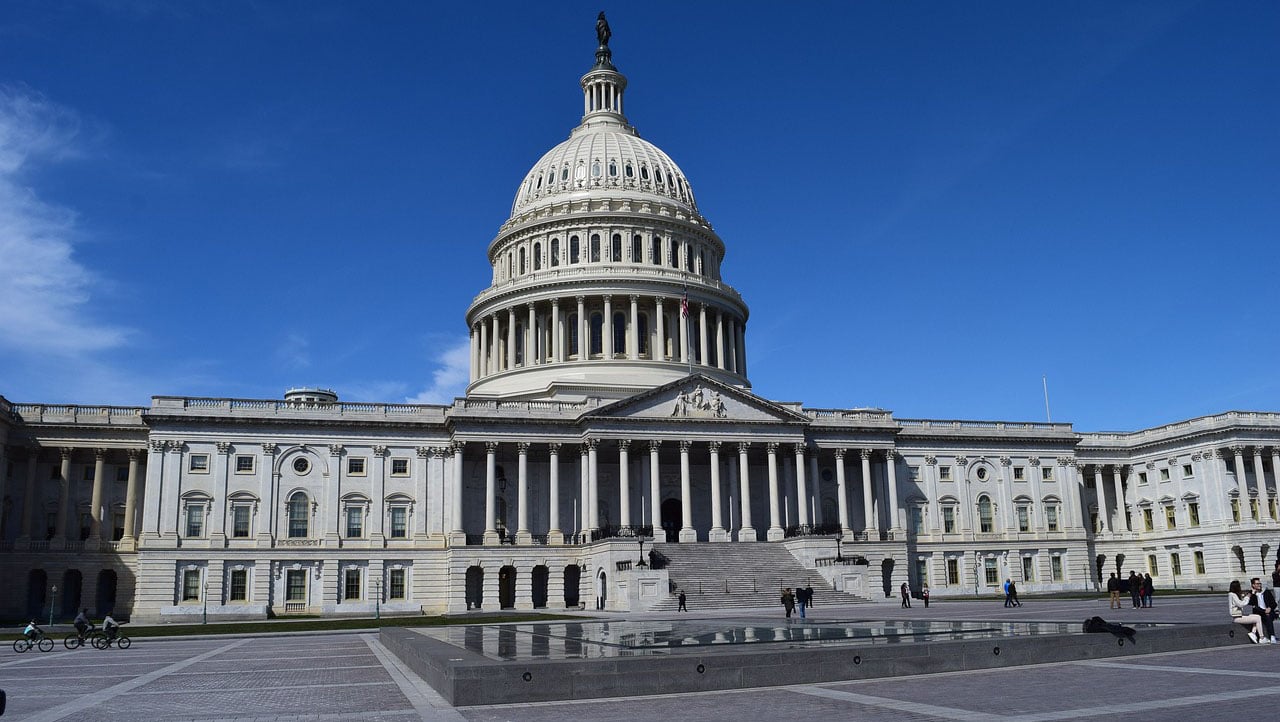The Medicare Physician Fee Schedule (MPFS) Final Rule for 2026
The MPFS Final Rule was mostly unchanged from what was proposed a few months earlier. The conversion factors for 2026 Medicare reimbursement were proposed to be an increase of 3.3% to 3.8%, and the final figures came within that range but slightly lower by fractions. Payments for 2026 will depend on whether the physician is considered to be a Qualified Professional (QP) or a lower-paid non-QP based on their participation in an Advanced Payment Model (APM). The Efficiency adjustment and the Site of Service adjustment were finalized. The latter will not negatively impact hospital-based diagnostic radiologists, but it could favor non-facility (offices or OBL) services.
Categories:
MPFS,
radiology,
2026 payment impact
In our early-October article What Radiology Practices Need to Know About the Government Shutdown we expressed concern about several Medicare policies that were unresolved during the federal government shutdown that began on October 1, 2025. The Continuing Appropriations and Extensions Act, 2026 (H.R. 5371) that was signed into law on November 12, 2025, addressed those concerns and resolved them in a positive way for radiology practices. The two provisions that expired on September 30 were the telehealth flexibilities and the GPCI 1.0 work floor threshold. The telehealth flexibilities were extended until January 30, and the GPCI work floor was extended until January 31, 2026.
Categories:
medicare,
radiology,
government
The 2026 Physician Fee Schedule (PFS) Final Rule issued by the Centers for Medicare and Medicaid Services (CMS) contains very few changes from the Proposed Rule released in July. Although the Conversion Factors (CF) are an increase over the current 2025 rate, they are slightly lower than in the Proposed Rule.
Categories:
radiology reimbursement,
radiology,
Medicare Physician Fee Schedule
When the federal government shutdown began on October 1, 2025, the Centers for Medicare and Medicaid Services (CMS) directed all Medicare Administrative Contractors (MAC) to implement a temporary claims hold of up to 10 business days to ensure that Medicare payments would be accurate and consistent with statutory requirements. CMS has now revised its instructions to limit the claims hold only to those “services impacted by the expired Medicare legislative payment provisions passed under the Full-Year Continuing Appropriations and Extensions Act, 2025”.
Categories:
medicare,
medicare reimbursement,
cms
The federal government shutdown that began on October 1, 2025, will impact payments to radiology practices in several ways, and it is unknown how long the shutdown will last. Medicare payments will be placed on a ten-day hold, as the agency copes with staffing at about 53% of the normal level. According to a Department of Health and Human Services (HHS) contingency staffing plan, HHS will maintain such staff as is necessary to support mandatory funded activities such as Medicare and Medicaid.
Categories:
medicare,
radiology,
government,
shutdown
While the initial impression of the Medicare Physician Fee Schedule (MPFS) Proposed Rule for 2026 was an increase of 3.83% or 3.32% depending upon a physician’s APM status, the real story is told by doing further analysis. We performed a volume-weighted analysis[i] for a composite sample practice using volumes from our database.
Categories:
radiology reimbursement,
MPFS,
radiology
This article was published on July 30, 2025 and updated on August 21, 2025.
The Proposed Rule issued by the Centers for Medicare and Medicaid Services (CMS) for payments under the 2026 Physician Fee Schedule (PFS) contains an increase from the current 2025 rate. There will be two different fee schedules determined by a provider’s participation status in Alternative Payment Models (APM). The Conversion Factor (CF) in the 2026 Proposed Rule is $33.5875 (up 3.83%) for Qualified Professionals (QP) or $33.4209 (up 3.32%) for non-QP’s, compared with the $32.3465 currently in use.
Categories:
radiology reimbursement,
medicare reimbursement,
interventional radiology,
MPFS,
diagnostic radiology
A new subsection of the CPT[i] code book has been established for reporting six new codes describing MR safety services, including implant or foreign body evaluation, safety consultation, electronics preparation, and implant positioning or immobilization. The new subsection is Magnetic Resonance (MR) Safety Implant/Foreign Body Procedures of the Radiology/Diagnostic Radiology (Diagnostic Imaging) and it contains the codes along with the guidelines for reporting them.
Categories:
radiology coding,
MRI,
radiology
The Medicare Physician Fee Schedule (MPFS) for 2025 included coverage for screening CT Colonography (CTC), which had not previously been covered by Medicare. With the recent issuance of Change Request 13939 by the Centers for Medicare and Medicaid Services (CMS), all Medicare carriers now have the direction and authority to begin reimbursement for CTC.
Categories:
radiology,
CT Colonography
The Medicare reimbursement rates for 2025 remain unchanged as a result of the Continuing Resolution (CR) passed by Congress and signed on March 15. Thus, the downward spiral of Medicare reimbursement continues with physicians receiving nominally 2.83% less this year than in 2024. Radiology practices will see somewhat different results depending on their practice pattern, as we reported in our recent article analyzing the real impact of the Medicare Physician Fee Schedule (MPFS). We calculate that the Professional Component reimbursement would decrease 2.16%, while global reimbursement at an imaging center would decrease by 3.55%, both on a weighted-average basis.
Categories:
radiology reimbursement,
radiology,
continuing resolution













